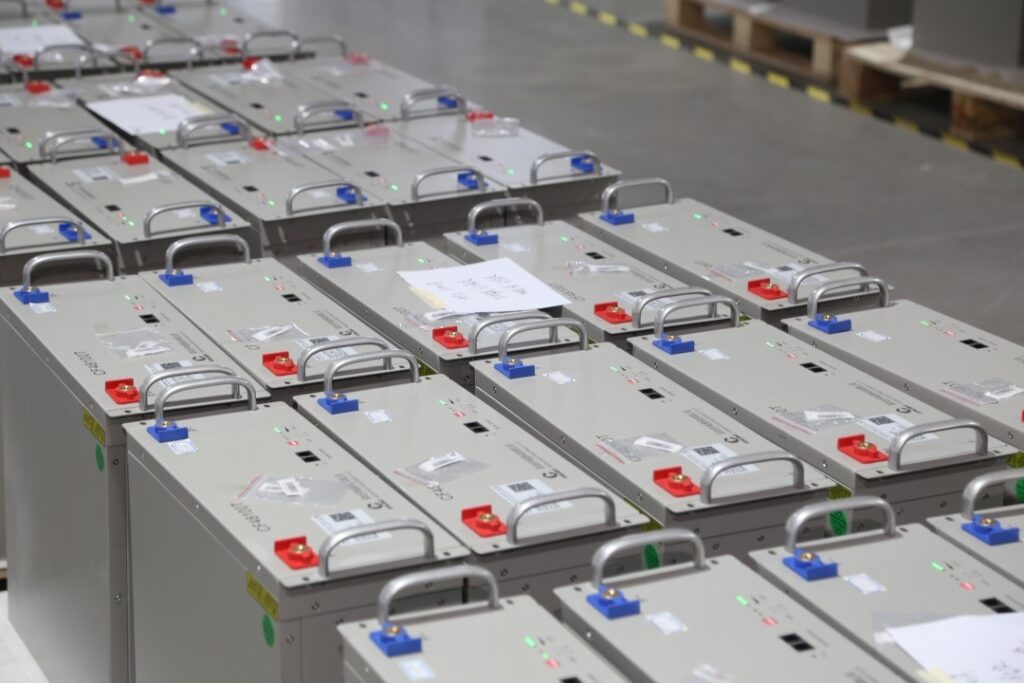Maintaining lithium-ion batteries properly can extend their lifespan and ensure optimal performance. Here are some tips.
- Avoid Extreme Temperatures: Keep lithium-ion batteries away from extreme heat or cold. High temperatures can degrade the battery’s performance, while cold temperatures can reduce its capacity temporarily.
- Partial Discharges: Unlike older battery chemistries, lithium-ion batteries do not have a “memory effect.” It’s better to perform partial discharges rather than complete ones. Avoid fully discharging the battery whenever possible.
- Avoid Overcharging: Overcharging can damage lithium-ion batteries. Most modern devices have built-in mechanisms to prevent overcharging, but it’s still a good idea to unplug the device once it’s fully charged.
- Use the Right Charger: Always use the charger that came with your device or a compatible charger. Using a charger with the wrong voltage or current can damage the battery.
- Store at Partial Charge: If you’re storing a lithium-ion battery for an extended period, store it at around 50% charge. This helps prevent the battery from degrading while in storage.
- Avoid Full Discharges: Lithium-ion batteries should not be fully discharged frequently. Doing so can damage the battery and reduce its lifespan. Instead, try to recharge the battery before it gets too low.
- Regular Use: Regularly using and charging lithium-ion batteries can help maintain their capacity and performance. If you’re not going to use a device for an extended period, consider partially charging and discharging the battery every few months.
- Keep Clean and Dry: Ensure that the battery and its contacts remain clean and dry. Moisture and dirt can cause corrosion and other issues that affect battery performance.
- Avoid Physical Damage: Avoid dropping, crushing, or puncturing lithium-ion batteries, as physical damage can lead to a short circuit or other hazards.
By following these guidelines, you can help ensure that your lithium-ion batteries remain in good condition and provide reliable power for a longer period.


